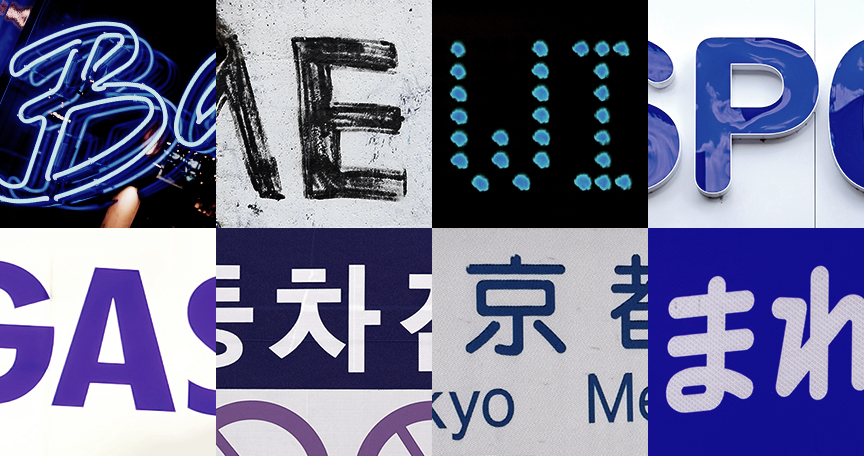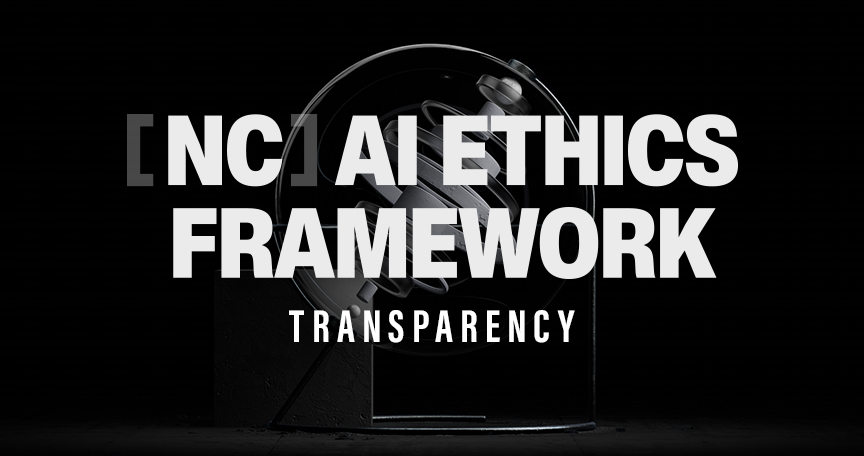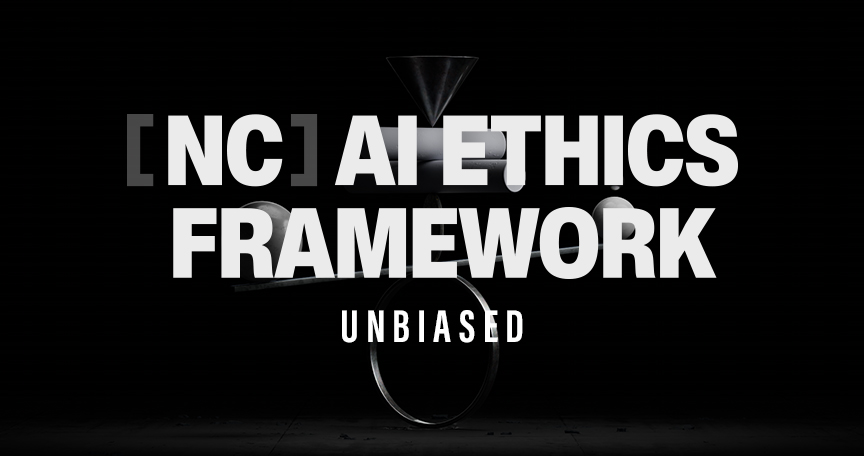NC is striving to build a vast metaverse that transcends national boundaries and provides an immersive experience for players across the globe. To achieve this objective, NC has implemented a global one-build service, beginning with Lineage W as its first project. This approach enabled players from different parts of the world to access the game through a single server. Lineage W’s launch was a resounding success, with 1.9 million concurrent users on the first day. Currently, players from 12 countries worldwide are enjoying the game.
In the MMORPG genre, players engage in multiple simultaneous interactions within a vast, object-rich world. Thus, connectivity is crucial, as players must connect to the network and to one another. Compared to casual games, MMORPGs require higher technical skills, as they demand the ability to support a larger number of players. To achieve global expansion and connect players from all over the world, Lineage W required a high level of technology. As a result, NC faced numerous technical challenges in pursuit of the goal to provide a global one-build service. To overcome these challenges, NC’s development team and supporting organizations had to explore various methods for developing and implementing new systems.
The “TECH Standard” series highlights NC’s commitment to consistently pushing the boundaries and creating new standards, rather than settling for mediocrity. Each episode covers various technical challenges that NC has tackled in pursuit of this goal. The first episode focuses on the journey to maximize the connectivity of MMORPGs, enabling players worldwide to play simultaneously, anytime and from anywhere.
Enabling a Global MMORPG: Implementation of RIO API
The first aspect considered in this global project was ‘stability.’ Unlike in Korea, there are countries where network stability is unreliable, and creating an equitable gaming environment with stable connectivity for everyone was a significant challenge. Network disconnections can disrupt smooth gameplay and cause players to lose progress in various activities. Therefore, even if the connection is slow, it must be stable, and quick recovery in the event of a disconnect is essential. To enable fast recovery, information must be divided into small units, and a large amount of data must be processed at once. The RIO API is a technology that meets this criterion.
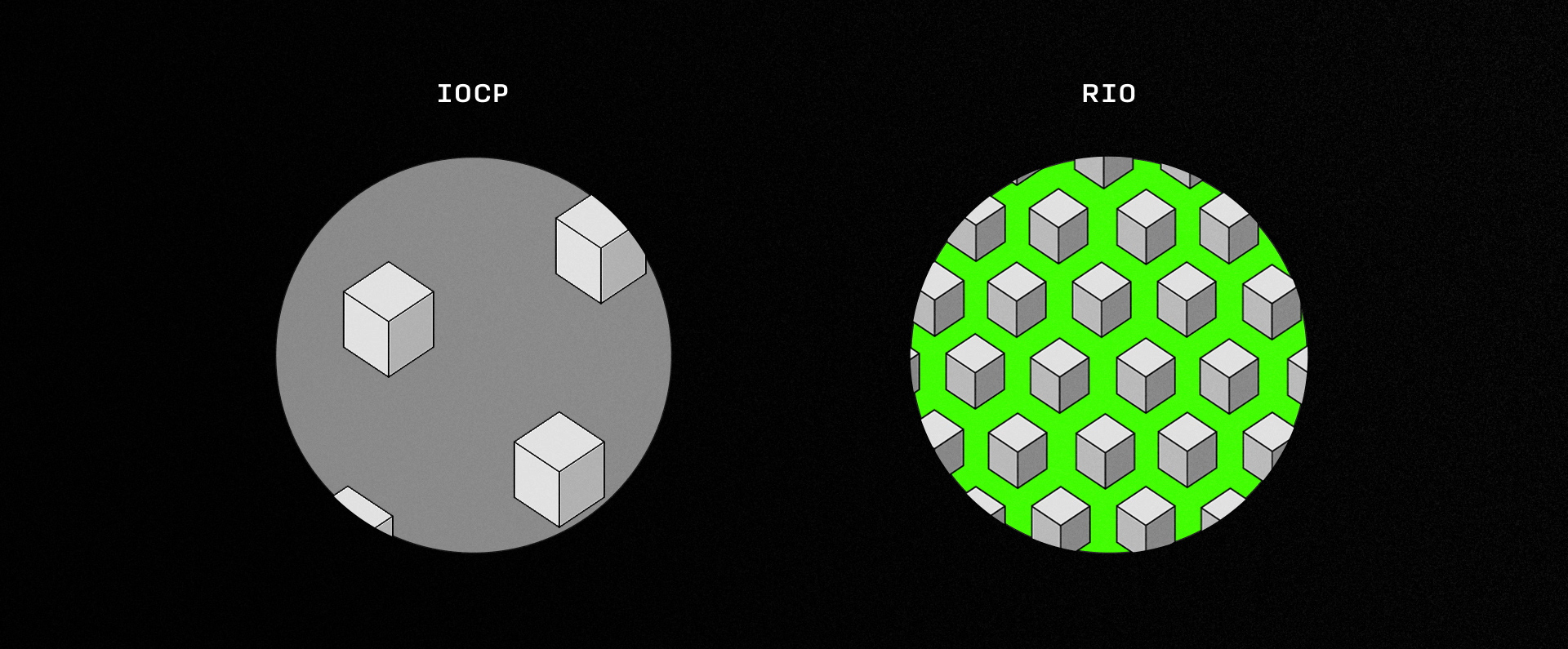

Many MMORPGs have used the IOCP (I/O Completion Port), which is a stable technology that automatically manages threads. It also provides notifications upon completion of transmission and reception, making it suitable for developing high-performance programs using asynchronous programming methods. To illustrate, let’s consider a delivery system that notifies the sender and receiver only when a package arrives at its destination, rather than continuously providing updates. This frees up the CPU to process other tasks simultaneously. RIO (Registered I/O) API, a technology introduced after IOCP, is more challenging to develop but reduces network latency and enables faster input-output operations in large-scale communication through small unit processing. In other words, it is like using a well-managed delivery service to handle a larger volume of deliveries with greater stability.
Lineage W initially developed with IOCP, but it was replaced with the RIO API shortly before its release. Implementing a technology that had not been applied in any live-service game, both domestically and overseas, was a significant challenge, especially right before the launch. However, NC had a good reason for attempting it with confidence, as the company had already implemented and verified the RIO API in an in-house project. Various attempts made by NC were shared across projects, greatly influencing the productivity and stability of subsequent projects, which immensely facilitated the successful introduction of new technology.
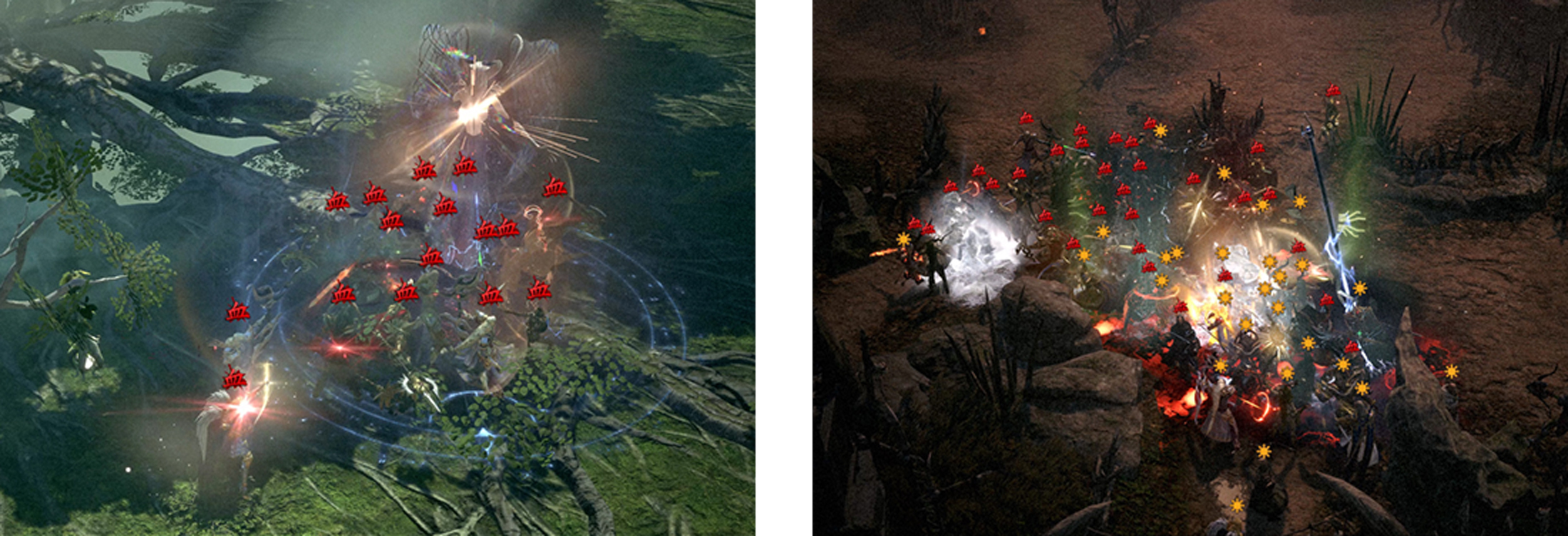

The results of applying the RIO API showed that it had significantly lower CPU usage compared to IOCP and was more stable. Furthermore, there was not a significant increase in memory or server load. The player experience was significantly improved as a result of the smoother and more natural movement of a large number of players in a global environment, whether they were moving or engaging in combat, which was noticeable enough for players to directly perceive the difference.
Embodying a True Seamless MMORPG: Level Segment Graph
The term “seamless” means “without any visible joints or gaps,” and it is often used in gaming to describe a situation where all geographical features within the game map are connected. This enables players to move between different regions without the need for load screens, making it one of the most critical elements in an MMORPG. A seamless experience helps players fully immerse themselves in the vast game universe by eliminating unnecessary load times and providing continuous gameplay.
Teleportation in a game, as opposed to walking or riding between regions, creates a heavier load burden and longer load times compared to normal seamless loading. In MMORPGs, teleportation is typically limited to predetermined locations and involves the use of loading screens while moving to the destination. This is because, during teleportation, the system must load the surrounding areas of the destination all at once. However, in Lineage W, the developers aimed to overcome this limitation by allowing players to teleport randomly to any area within the game with a load time of less than one second.


Implementing the goal of seamless loading in Lineage W using Unreal Engine 4 turned out to be challenging due to its decreased performance when dealing with many objects or maps. Since Lineage W had a higher number of objects and maps than other games, it required a different solution. To address this, NC developed its own terrain processing system called the “Level Segment Graph,” specifically designed for Lineage W. The company chose to create a new in-house system instead of relying on the seamless terrain processing feature provided by Unreal Engine 4.
The first key aspect of the Level Segment Graph is its ability to automatically subdivide and manage map regions. The entire map of Lineage W is approximately 441 km², or roughly 11 times the size of Gangnam-gu in Seoul. The term “level” refers to a single map, and while a typical PC 3D MMORPG game has around 200-300 levels, Lineage W has around 3,000 levels. Manual management of such a vast map would be an enormous challenge, but the Level Segment Graph makes it easier by automatically organizing the map into virtual segments.
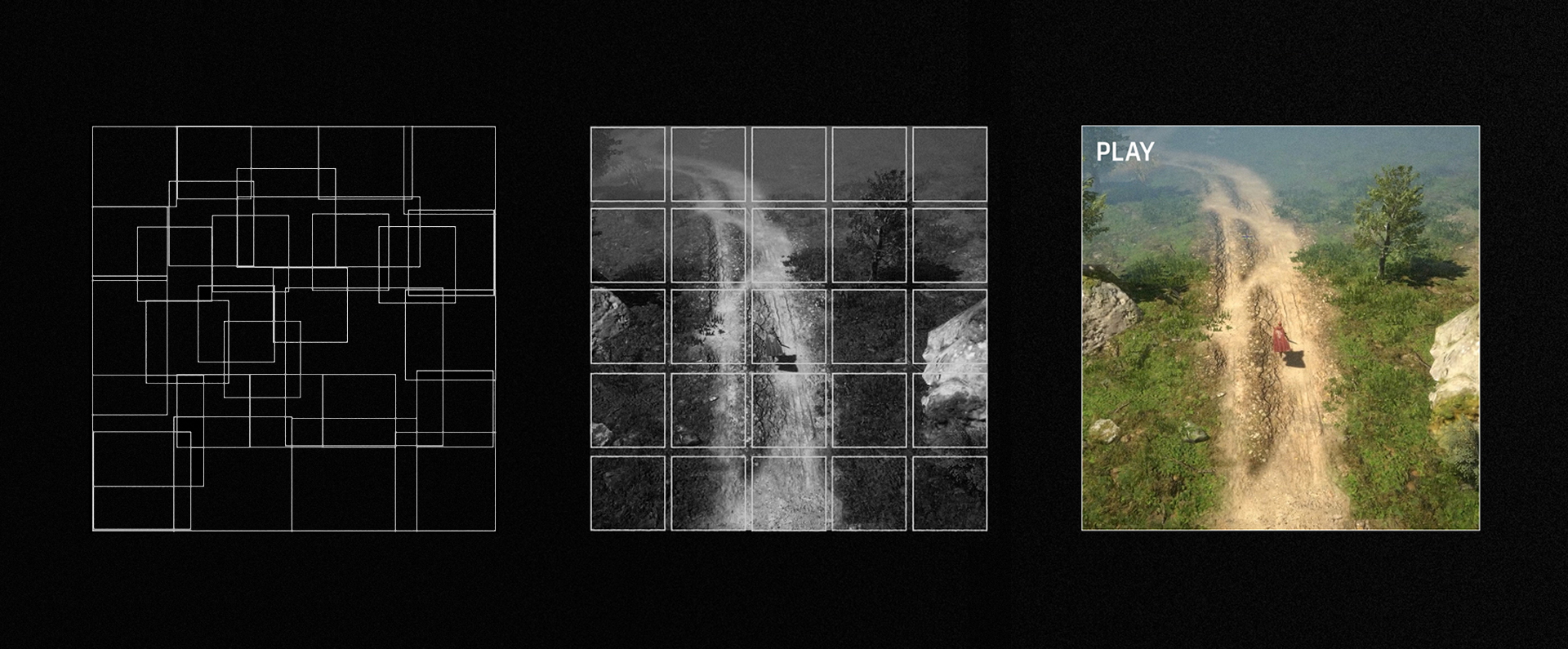

The second key aspect of the Level Segment Graph is its ability to set priorities. In the current system, when a player moves to another region, multiple levels are loaded simultaneously, including levels of varying importance. However, it was previously impossible to distinguish between levels or specify their importance in detail. With the Level Segment Graph, it became possible to significantly reduce load times by loading the more important levels first during movement, and then loading the remaining levels later were reduced from 2-5 seconds to 0.7 seconds, and sometimes even to 0.1 seconds. The performance improvement was so significant that players could not feel the load time at all.
Play Anytime and Anywhere: Persistent Efforts for Network Optimization
As mentioned earlier, the global project places great importance on network stability to ensure a consistent and reliable gaming environment for players worldwide. To achieve this goal, NC has made several efforts in network optimization, including shortening physical distances to improve network performance and establishing a global service infrastructure.
Network optimization refers to the process of minimizing communication paths and improving incomplete areas to ensure efficient and smooth communication. For instance, when traveling from Seoul to Busan, you can either take a KTX or a bus with multiple transfers. Although KTX may be more expensive, it provides a faster and more direct route to your destination, whereas taking a bus may be cheaper but involves a longer and less efficient route. Similarly, in game networks, a high-performance network with a more direct connection may be costlier, but it ensures faster and more efficient communication.
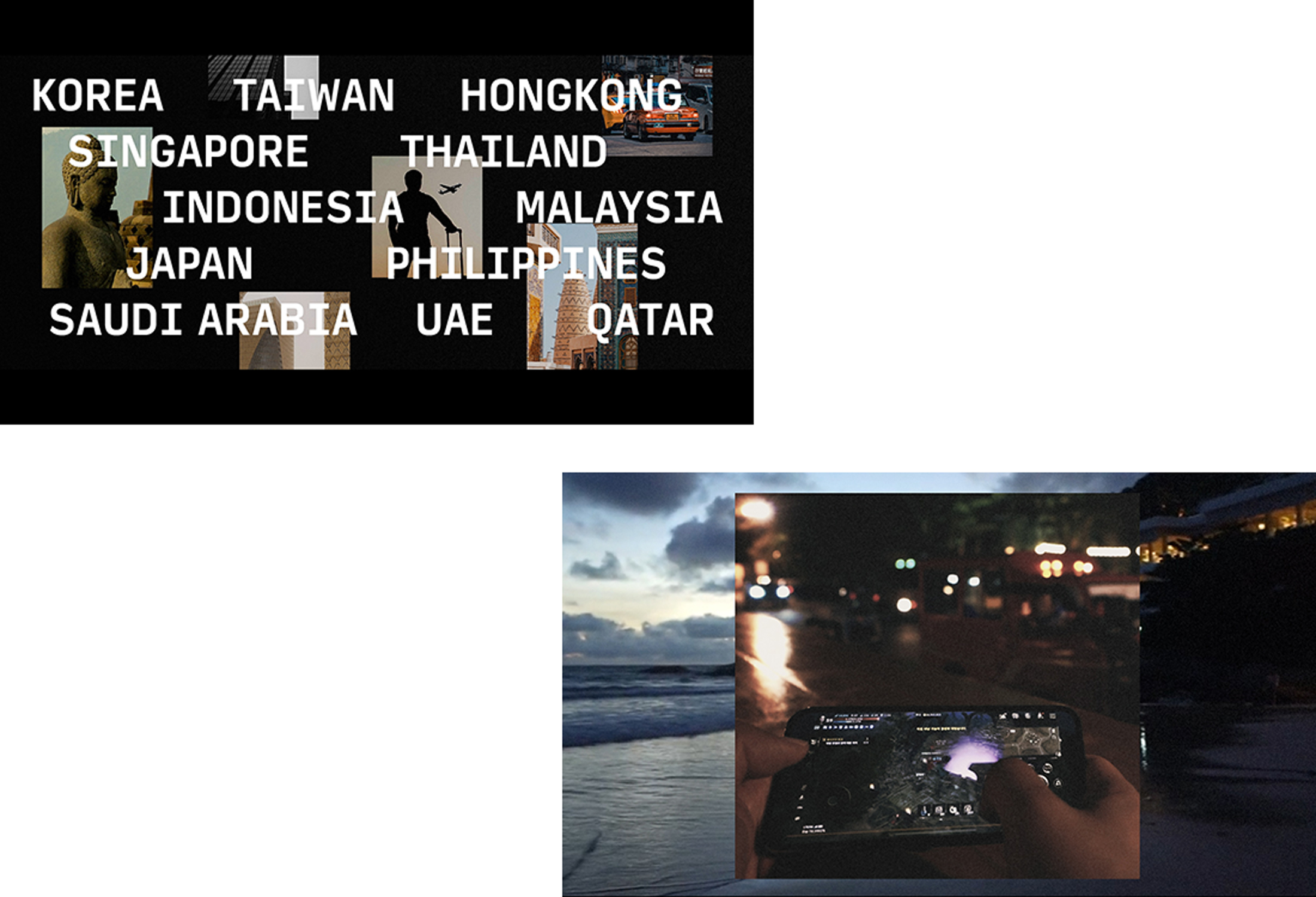

To ensure a smooth gaming experience for Lineage W players, even in countries far from Korea, NC went to great lengths. Among the 12 countries where Lineage W is currently being serviced, Saudi Arabia, located furthest from Korea, presented a particular challenge. NC established a global service infrastructure to measure internet speed and performance directly and identify the optimal network foothold. To achieve faster communication with the shortest distance, NC also utilized submarine cables, despite the high cost.
NC has been conducting tests on overseas bases for some time now. Employees go to local bases directly to verify and secure highly reliable data. Moreover, the I&O Center has a dedicated team that monitors network paths and locations with poor quality around the clock, enabling them to respond quickly to any issues. Monitoring and collecting performance data on global networks 24/7 is a challenging task, but NC has been able to achieve differentiated global service quality through persistent efforts.
Improving Global Player Interaction: The Role of AI Translation
The “connectivity” of MMORPGs encompasses not only the physical connection between computers, but also the connection between players, which often fosters frequent communication and close relationships among players. To enhance the gaming experience, NC has developed in-house AI translation technology called NCMT (NC Machine Translation), which enables seamless conversations among players from different parts of the world.
The distinctive feature of NCMT applied to Lineage W is its ability to provide specialized translations tailored to the game's unique language. For instance, NCMT accurately translates the Lineage-specific term “VERR” to “teleport” and then to the corresponding Lineage term in the player’s language. Moreover, NCMT filters out expressions that may cause cultural differences and replaces them with similar words from the target language.
* For more detailed information, please refer to the article “NCMT: A Real-time AI Translation Engine Connecting Global Gamers Beyond Language Barriers.” [Link]
The Home of MMORPGs: Defining Standards through Perpetual Challenges
NC has consistently aimed for higher goals and tackled challenges with determination, starting with the idea that an MMORPG should enable smooth connectivity for a large number of players and support large-scale battles. NC also recognized the importance of operating on a global one-build and ensuring seamless communication among global players. Throughout this process, there was always an implicit question of “What should MMORPGs provide to players?”. To create an MMORPG that allows more players to fully immerse themselves without limitations, NC must continuously raise its own standards.
 Facebook
Facebook  Twitter
Twitter  Reddit
Reddit  LinkedIn
LinkedIn  Email
Email  Copy URL
Copy URL 






